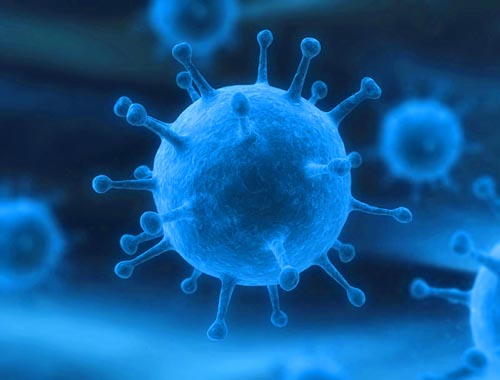What is the normal range for lab values normal
Published: 20 Aug 2024

False Positive Results
* Your test indicates you have a certain medical condition, but you don't have it.
False Negative Results
* Your test indicates you don't have a certain medical condition, but you do.
Causes of Incorrect Results
These errors are uncommon, but certain factors can increase their likelihood. They include:
* Certain foods or beverages
* Medications
* Stress
* Intense exercise
* Differences in laboratory procedures
* Underlying medical conditions
Consequences
If you have any concerns about your lab test results, consult your healthcare provider. They may need to perform additional tests to confirm your diagnosis.
Factors Affecting Accuracy
Numerous factors can impact the precision of your test results, such as:
* Disparities in laboratory equipment, reagents, and techniques.
* The reference ranges on this website are limited due to the significant advancements in laboratory testing accuracy. To determine if your results are within the normal range, use the ranges provided by the laboratory that conducted your test.
* Individuals can now access their test results online, but these reports often lack a proper explanation that laypeople can comprehend.
* Your test indicates you have a certain medical condition, but you don't have it.
False Negative Results
* Your test indicates you don't have a certain medical condition, but you do.
Causes of Incorrect Results
These errors are uncommon, but certain factors can increase their likelihood. They include:
* Certain foods or beverages
* Medications
* Stress
* Intense exercise
* Differences in laboratory procedures
* Underlying medical conditions
Consequences
If you have any concerns about your lab test results, consult your healthcare provider. They may need to perform additional tests to confirm your diagnosis.
Factors Affecting Accuracy
Numerous factors can impact the precision of your test results, such as:
* Disparities in laboratory equipment, reagents, and techniques.
* The reference ranges on this website are limited due to the significant advancements in laboratory testing accuracy. To determine if your results are within the normal range, use the ranges provided by the laboratory that conducted your test.
* Individuals can now access their test results online, but these reports often lack a proper explanation that laypeople can comprehend.
